Key Benefits Of Hypoallergenic Skin And Beauty Products
Consumers often read label after label for skin care and beauty products from cleansers and moisturizers to foundation and mascara. Some of the terms on these labels include paraben-free, unscented, and perhaps the most popular, hypoallergenic. But all of these terms leave many wondering: what’s the point? What do consumers get out of using these products as opposed to generic ones? Start reading to learn about the various benefits shoppers can expect from skin and beauty products marked with the hypoallergenic label.
Reduced Risk Of Skin Irritations
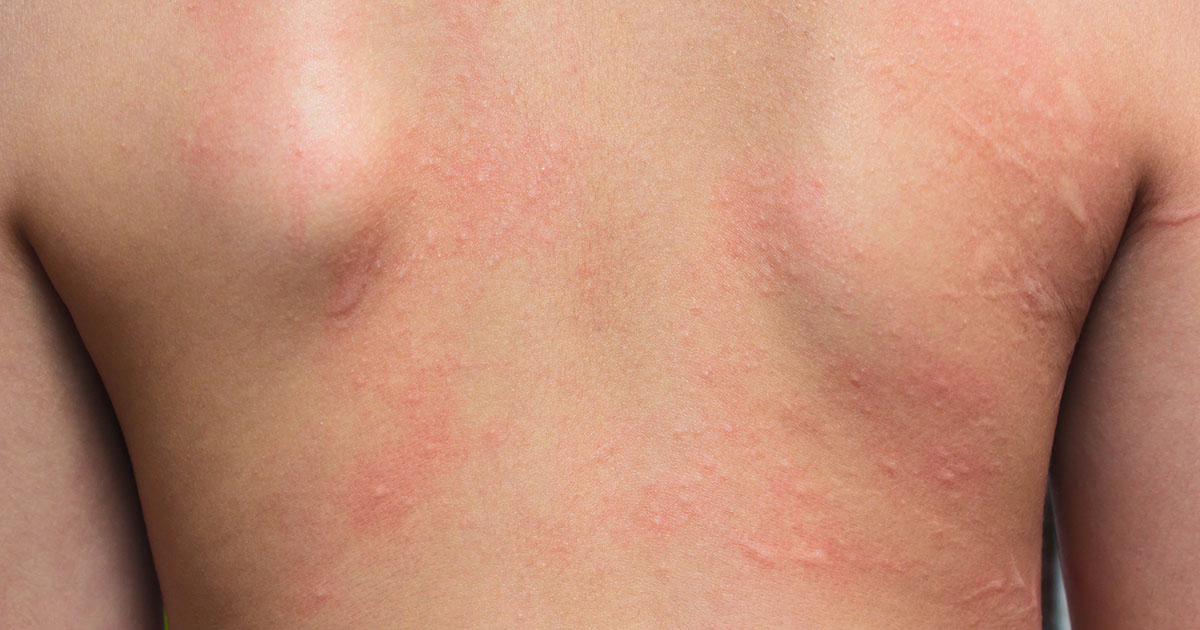
The most significant benefit from hypoallergenic skin and beauty products is the dramatic reduction in the risk of skin reactions. In this sense, skin irritations mean anything from mild itching or dryness to full-blown rashes and severe allergic reactions. These irritations are due to chemicals or common allergens found in most skin and beauty products, such as parabens, Phenoxyethanol, Methylchloroisothiazolinone, and formaldehyde. Most often, consumers can detect potential allergens in products if they have no idea how to pronounce an ingredient or have no idea what it is, or possibly both.
Hypoallergenic products eliminate the use of as many chemicals and common allergens as possible. Companies who manufacture these products will conduct patch tests on trial groups when developing new products to determine if they have the right formula to minimize the chances of an allergic reaction or skin irritation. Unfortunately, it is impossible to test on every person, which means there is still a potential for someone to react. However, hypoallergenic skin and beauty products still significantly minimize this risk, and more often than not if irritation does occur, it is much milder than if the individual did not use a hypoallergenic product.
Continue reading to learn how those with skin conditions such as eczema and psoriasis can benefit from hypoallergenic skin and beauty products.
Improve Skin Conditions
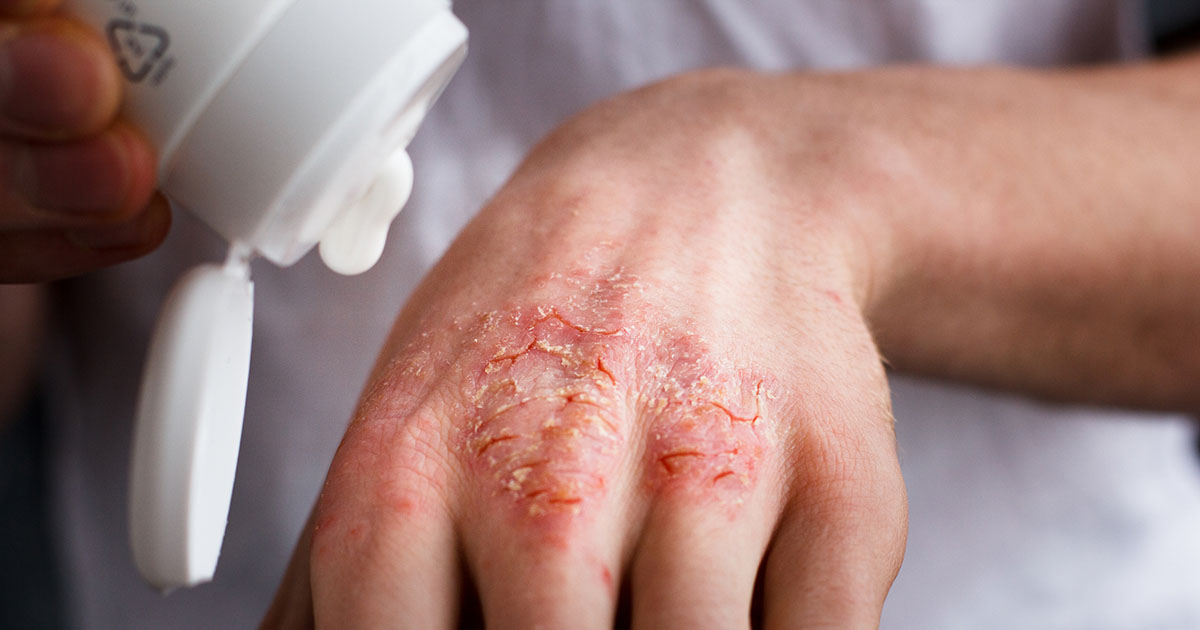
Many individuals of all ages suffer from serious skin conditions such as eczema and psoriasis, which cause the skin to become red, rough, inflamed, cracked and dry. The severity of each condition varies from person to person, but can be quite irritating for anyone suffering from even a mild form. For eczema sufferers, patches of skin can become so dry and cracked they look dead. When this happens, individuals will try just about anything to fix the situation and are often encouraged to moisturize more frequently.
However, what many may not realize is aside from the fact individuals with skin conditions like these are at a much higher risk of reacting to traditional skin and beauty products, even if they do not have a reaction, many of these products are ineffective at treating their skin condition. Many hypoallergenic products, on the other hand, can often result in significant improvements in skin conditions like eczema due to a lack of allergens and harmful chemicals, as well as the addition of beneficial ingredients, such as colloidal oatmeal. While they may not return skin to normal forever, those dry and cracked patches of skin may turn to spots with only a mild dryness, or they may have more time without any dryness.
Though this benefit is specifically for those with skin conditions like psoriasis and eczema, the next will apply to everyone in spades.
More Unclogged Pores
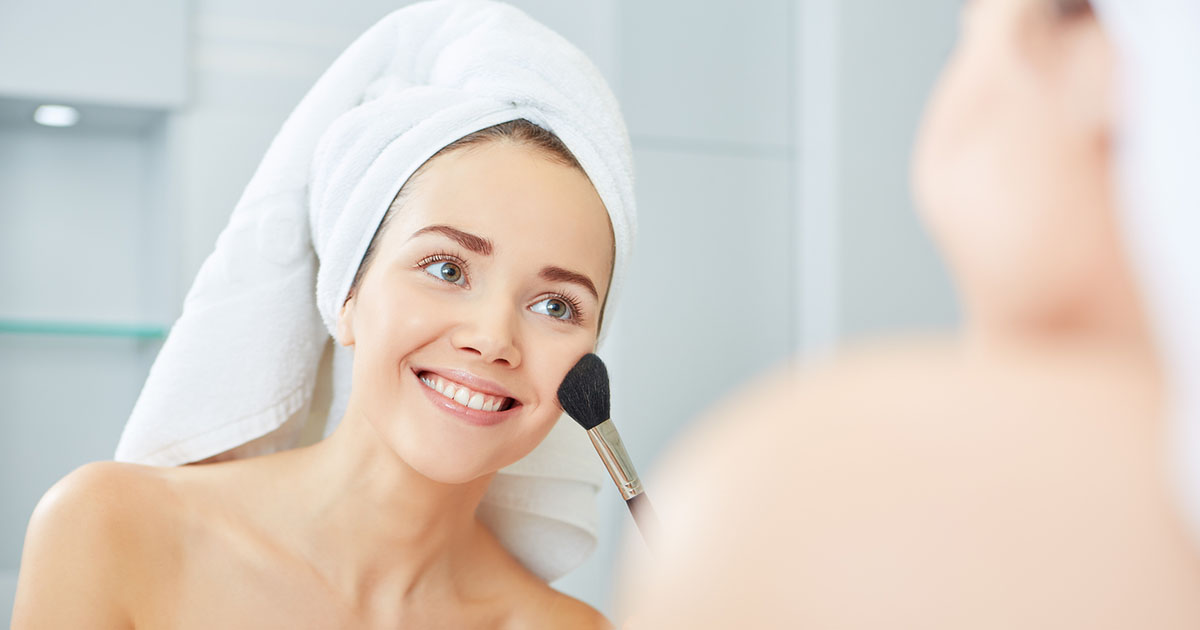
Although cosmetics are meant to make skin appear flawless, highlight eyes, draw attention to lips, add color to cheeks, and perform even more beautifying functions, they also come with one major detriment that some traditional skin products cannot overcome completely. Many cosmetics will block pores, resulting in the skin producing more oil and often the appearance of more acne spots, neither of which are pleasant to deal with.
Hypoallergenic beauty products, however, are often also non-comedogenic, which means they do not contain pore-clogging ingredients. Unclogged pores minimize the overproduction of oil and the appearance of acne. Of course, individuals will still need to take care of their skin and wash makeup off at the end of every day, but this is where hypoallergenic skin products come into play. These products are incredibly effective at removing all traces of beauty products and unclogging pores if they do occur due to the increased care during the manufacturing process and choice of ingredients.
Continue reading to learn about the spots individuals using hypoallergenic skin and beauty products will no longer have to worry about.
Dark Spots Are Things Of The Past
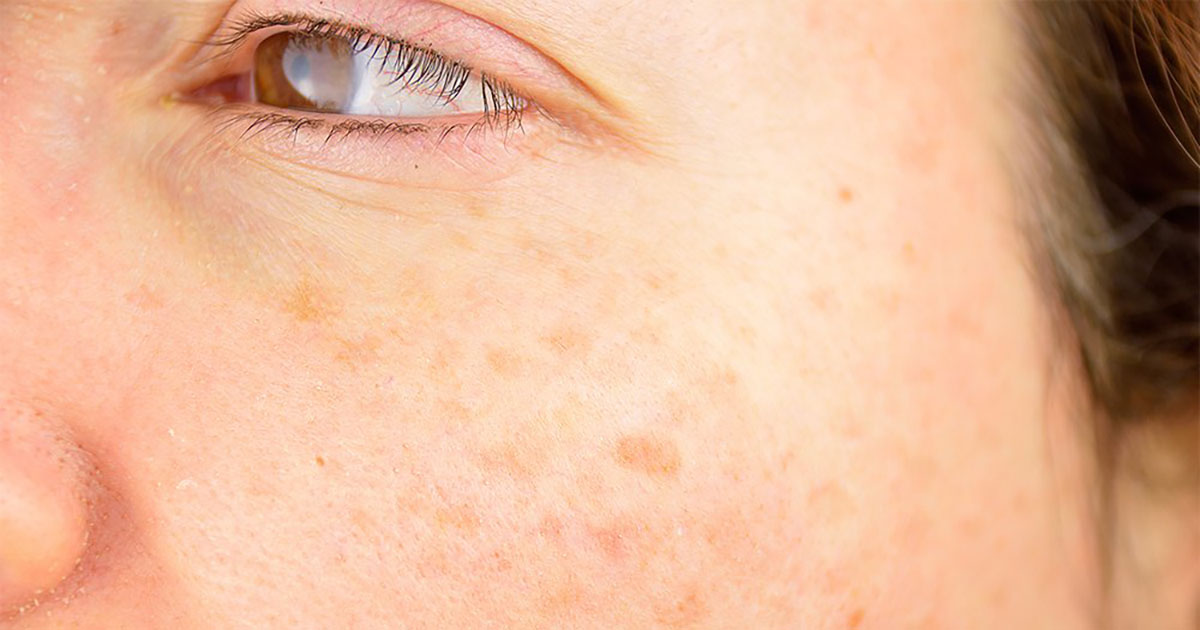
Many individuals have to deal with dark spots on their skin at some point in their lives. This can be due to factors such as sun exposure or even genetics, but many do not realize these dark spots can also result from some of the chemicals and allergens used in traditional skin and beauty products. They typically do not hurt or even cause irritation and thus differ from the allergic reactions and skin irritations previously mentioned. However, they can be unsightly and may even be indicators of skin damage.
Thankfully, the lack of the chemicals and allergens, such as artificial fragrances, that often cause these dark spots in hypoallergenic beauty and skin products means users need to not worry about dark spots appearing due to what they are using on their skin. They will, however, still need to wear sun protection (SPF) to avoid sunspots. The good news? Many hypoallergenic moisturizers also contain SPF.
Continue reading to learn who hypoallergenic skin and beauty products are best suited for.
Suited For Many Skin Types
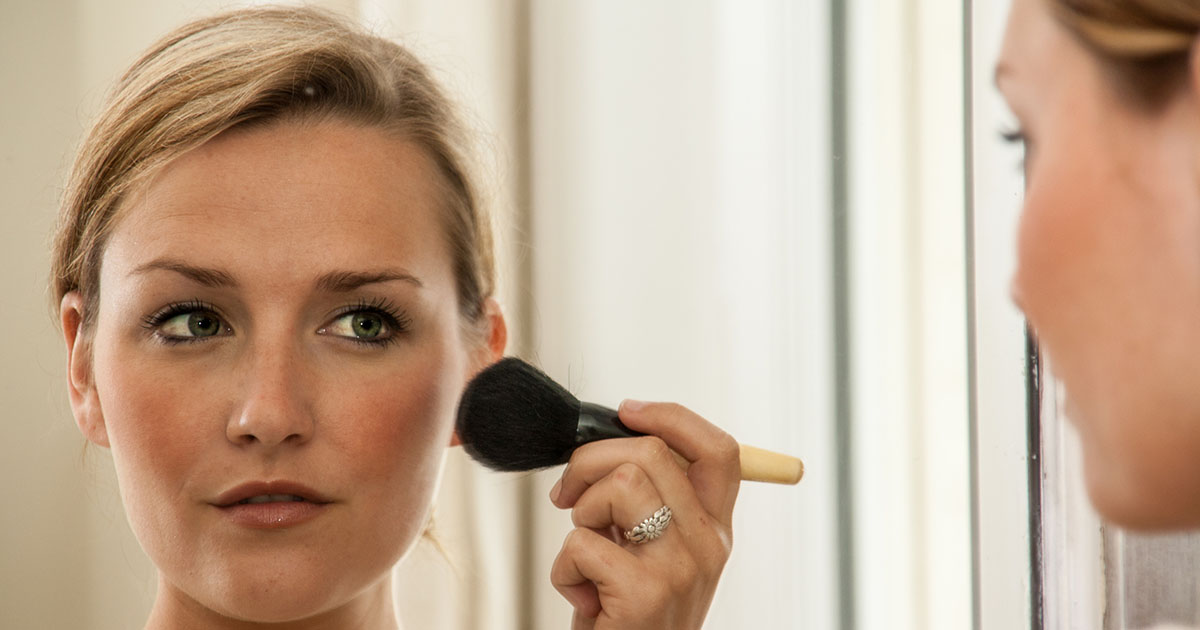
Traditional skin and beauty products are meant for specific skin types. For instance, someone with dry skin would not want to use the same cleanser as someone with oily skin, and vice versa. Someone with oily skin would benefit from mattifying foundation, but the same product could cause increased dryness and skin irritation in someone with dry, sensitive skin.
Although a small selection of hypoallergenic skin and beauty products will be marketed towards specific skin types and have additional ingredients or benefits for those groups, the majority are suitable for many different skin types. For example, many liquid foundations considered hypoallergenic do not contain oil, which means they suit those with oily skin, but also typically do not include the same irritants as an oily skin foundation that is not hypoallergenic, which means someone with dry skin could use the same product. The same logic applies for moisturizers, cleansers, and other products, as the primary goal is to minimize allergic reactions and other skin irritations, which means manufacturing products to suit the largest amount of individuals as possible.
Ready to have clean and healthy skin without risking nearly as many adverse effects and boost skin health? Hypoallergenic skin and beauty products provide the benefits everyone needs!
